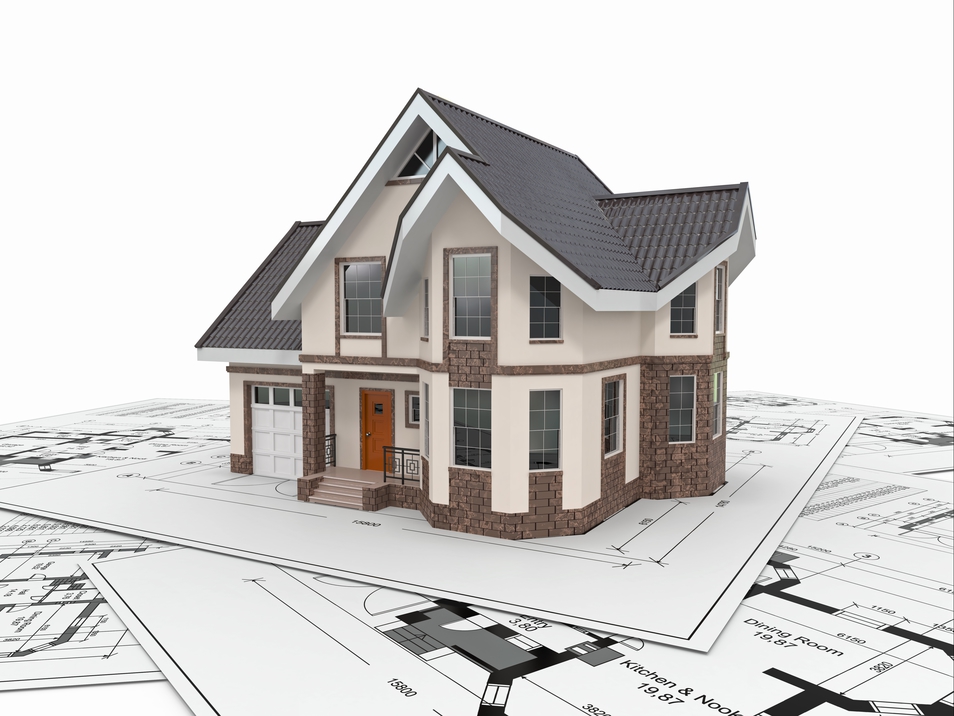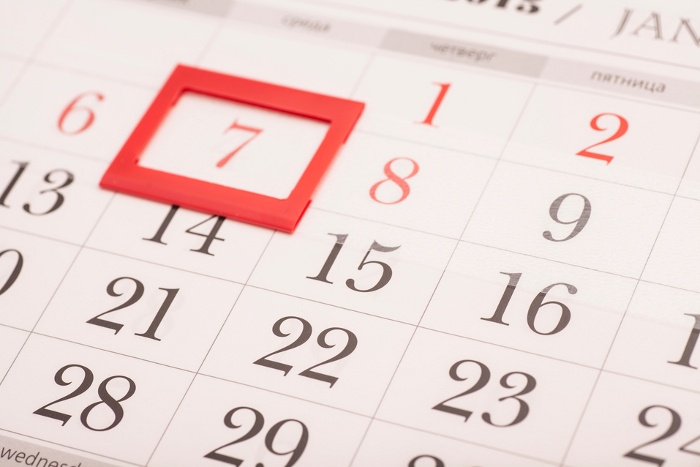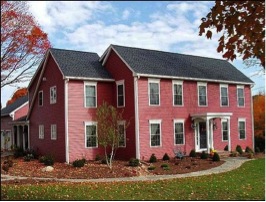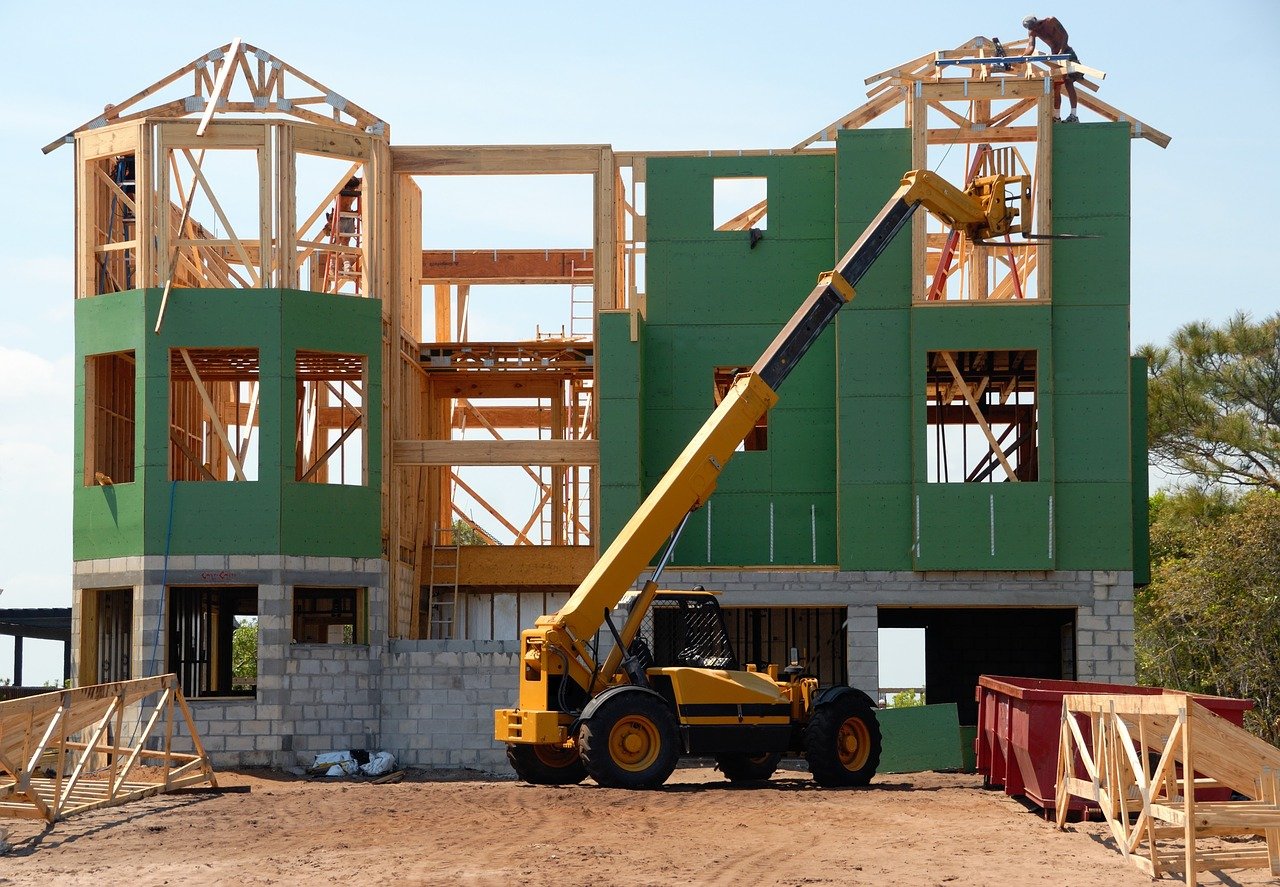How to Choose the Right Lot for Your New CT Home
 In the excitement of deciding to build your new home it’s easy to get carried away in the moment and rush into buying a parcel of land to construct it on. But wait. Before you can begin finding the right lot for your new home, a little ground work is needed.
In the excitement of deciding to build your new home it’s easy to get carried away in the moment and rush into buying a parcel of land to construct it on. But wait. Before you can begin finding the right lot for your new home, a little ground work is needed.
Speak to a CT Custom Home Builder
Custom home builders have walked the path ahead of you and know all the pitfalls. They will advise on all kinds of things you might not think of on your own. Things that can lead to a lot of trouble and extra expense down the road. You’ll get advice on things like:
- Names and addresses of real estate agents who are experienced in land sales
- Suitable lots the builder may be aware of
- Whether to look for raw land or land that already has building approval
- The setback or other zoning issues you should look out for depending on the kind of house you plan to build
- Whether you need a particular type of lot or ground for your property type, or whether there are locations you should avoid
Armed with some answers to vital first questions, you can make a decision with your head as well as your heart.
Inspecting a Lot
Having found a lot you like the look of, now’s the time to take a closer look bearing in mind the insights your CT custom home builder has given you:
- Will the shape and size of the lot accommodate the type of house you intend building?
- Taking in the setback requirements or restrictions on the lot, can you position the house to the best advantage? For instance, will you get the views from the windows that you want?
- What’s the compass orientation? Can you build the house to make the most of the sun or will your deck end up in permanent shade?
- Given the position of any neighboring houses, will you get the privacy you need?
- Does the shape of the lot allow you to have the yard size you want? For instance, a wedge of land may mean the house has to be built towards the rear of the lot, giving you a longer driveway than you might want.
- What view of the house will you get from the road, or from neighboring properties? Will you be overlooked all the time?
Weighing Up the Costs
If you’re buying through an experienced real estate broker, you’ll know in advance if the lot already has building permission or if it is raw land. There are advantages and disadvantages to buying either kind of lot:
- Raw land needs building approval that takes into account site engineering work, conservation demands and soil testing. Not all land is approved for building, so get as much advice as possible. Raw land tends to be cheaper (in most cases) than approved building land, but you’ll have to pay for the necessary tests and approvals.
- Approved building lots are generally more expensive, but the necessary tests have already been done. Bear in mind that you still might incur costs to install utilities and water, driveways and any blasting or excavation.
It’s a more involved process than many people realize when they set their heart on a custom built home, but the rewards are huge. Take it slowly, think with your head more than your heart, and ask lots of questions.
And finally, don’t commit to buying the lot until you know the costs involved in preparing the land for building. Get a CT custom home builder on your project, and seek his (or her) advice every step of the way.






